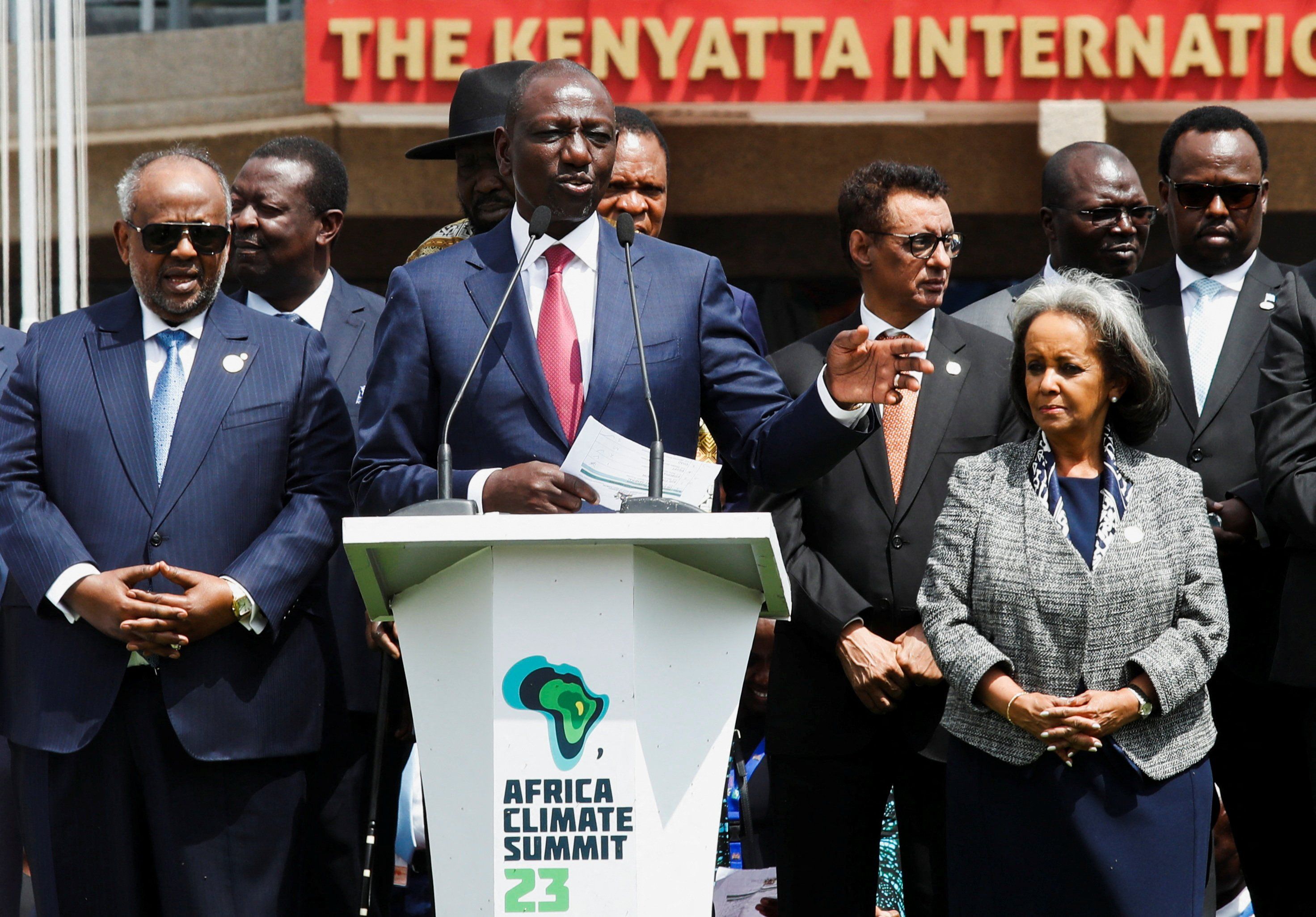One of the big questions hanging over the historic African Climate Summit in Nairobi this week was: Where’s the money going to come from? After all, switching to sustainable energy sources and coping with the worst effects of climate change is expensive, and while African nations suffer disproportionately from the risks — droughts, conflicts over scarce resources, irregular migration — the continent receives just 12% of global financing to tackle the problem.
The summit’s solution? A global tax on the trade and use of fossil fuels. The levy would raise money for climate action, especially in poorer nations, as well as to reduce borrowing rates for lower income countries struggling with high debt burdens.
Global taxes are a tough sell of any kind, as they require lots of coordination and compromise. But if the African proposal can get buy-in from heavyweights like the US, EU, and China, it will have a shot.
Next up? The African proposal will be a major part of the UN’s upcoming COP28 summit on climate change in the UAE this November.
